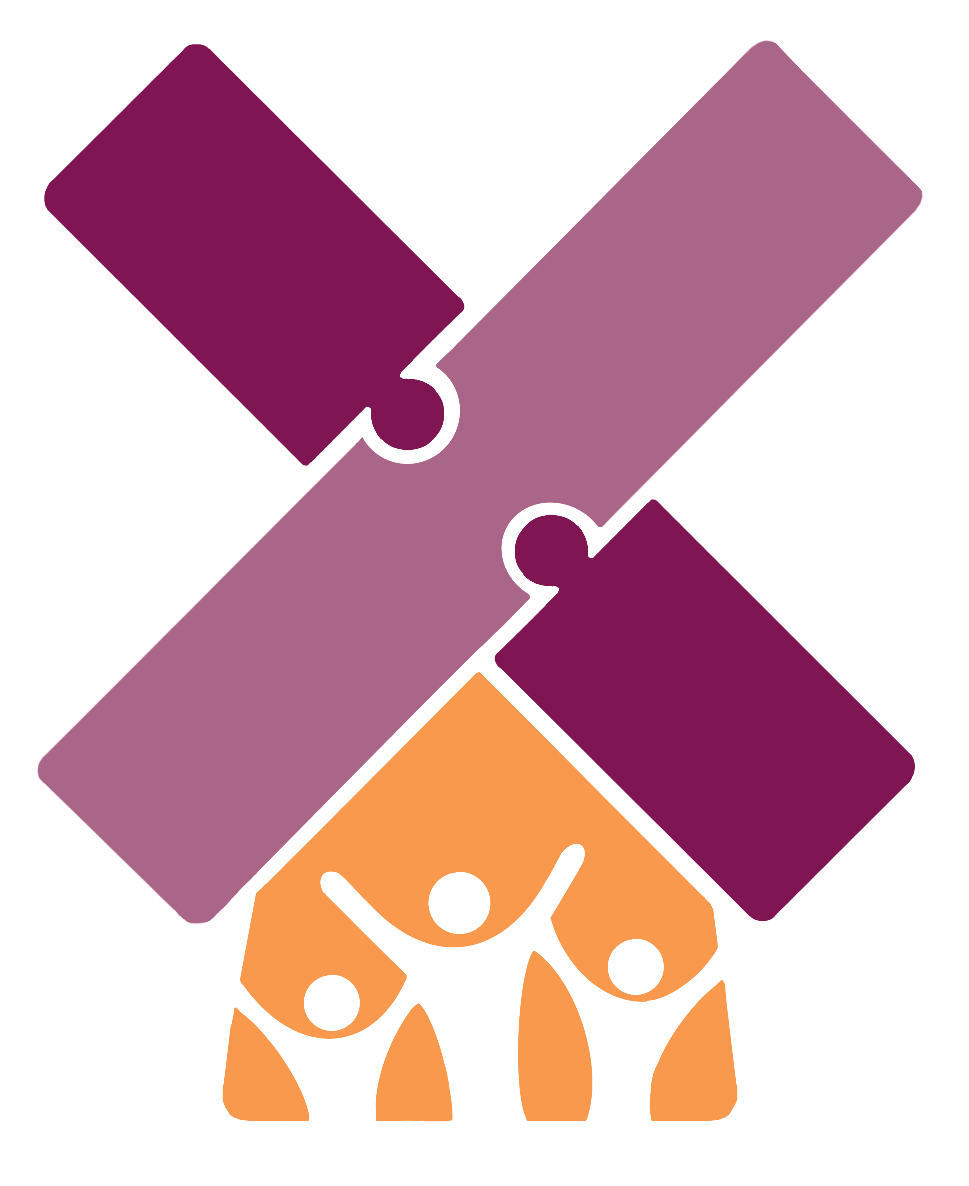Dear EKC: My Kid Acts Both Older and Younger Than Other Kids
Dear EKC,
Our son just turned 14. He’s smart, kind, and honestly, he’s been through a lot. We move almost every year, every two years, and he handles it with more grace than most adults could. But we’re noticing something we can’t quite pinpoint.
On one hand, the kid’s got it together. He can navigate airports like a pro. He has long opinions about world news that I don’t even fully understand. He’s calm under pressure, he can talk to adults respectfully, and he’s always willing to translate for a classmate.
But then there are these other times—he still needs us to remind him to do basic things, like brush his teeth. He’s not willing to take on more responsibility around the house or in life in general. He’s having a hard time making friends and an equally hard time making any decisions of his own. It’s like he’s just sort of drifting along.
We know he’s 14, he’s still solidly a kid in some ways. But we’re wondering if we expect too much from him. Is something off? It’s like he’s half an adult, half a child–but it’s not moving gradually from one to the other, it’s happening at the same time. Is this normal kid stuff or is it because we move so often?
How can we help him?
-Worried We’re Missing Something.
Dear Worried,
Thank you so much for writing in. First of all, your son sounds like an amazing kid: curious, capable, and emotionally tuned. And let me reassure you: that mix you’re describing—confident in some ways, unsure in others—is something we see all the time. It’s a really common part of raising a Third Culture Kid (TCK). It even has a name: uneven maturity.
Here’s the thing: growing up’s never linear. Every child’s development unfolds in stages, and different parts of the brain (and life skills) come online at different times. That’s true for all kids. But for TCKs, who are raised amongst multiple cultures and move often, everything can be even more layered. Because their circumstances keep shifting, they grow and adapt in surprising ways.
Some skills, like figuring out public transit, reading social cues from adults, and understanding global perspectives, can develop early. Others, like emotional independence, identity formation, and peer relationships, can take a little longer. That’s not a flaw, it’s a totally understandable response to a life that keeps changing.
When you’re constantly adjusting to new schools, norms, and expectations, it’s hard to absorb the quieter lessons too. Handling conflict with friends, what you like and value, making small decisions on your own. It’s like there’s only so much space and the “big things” are taking up a lot of that share. But they will come in time.
It’s also pretty common for TCKs to “skip” some phases entirely, or stay in them a bit longer than their peers. For example, a 16-year-old might not be interested in independence or big life-planning yet, while his classmates are applying to universities or working part-time. That gap can feel bigger as they get older, but it balances out.
TCKs have unique life experiences that prepare them for some “adult world” things earlier than their peers. It leads to a different learning curve than non-TCKs experience. A kid who can book his own flight and pack for a move, but needs help making day-to-day choices. A girl who has no problem chatting with adults but struggles to feel included with her classmates. A young person deeply reflective about the world but unsure of their place in it.
Some TCKs don’t show distress in the obvious ways. They seem mature and capable on the surface, but underneath can be that stress, loneliness, or uncertainty. Feeling “different” from their peers is so common. It can be hard, and your son’s so lucky to have parents who have noticed and want to support him through it.
So, what can you do?
First, take a deep breath. Uneven maturity isn’t a crisis; it’s a normal part of how TCKs grow. Your son will develop the skills he needs for adulthood, and your steady presence is a big part of how that happens.
Offer him space to take small risks and make decisions for himself. Maybe let him plan a weekend activity for the family—give him a budget, let him work out transportation, meals, etc. Resist the urge to “double-check his work-–” if problems come up, let him figure out solutions. But also protect time where he can just be a kid. Don’t worry about taking care of him as you have, giving him a safe space (and clean laundry as he navigates learning his hygiene skills).
The balance between responsibility and play is important—especially for a teen who’s carried a lot already.
Ask him open-ended questions. Not just about school, or plans, but about feelings, friendships, what he notices in the world. These conversations will help him build emotional insight over time. While talking to him, keep an eye out for subtle signs that something might be weighing on his mind: irritability, pulling away, fatigue. And above all, remind him—again and again—that you love him for who he is, not just for how grown-up he seems.
You’re not missing anything. You’re paying attention—and that’s exactly what he needs.
Warmly,
Inka Homanen
Psychologist & Ad-hoc EKC Team Member

